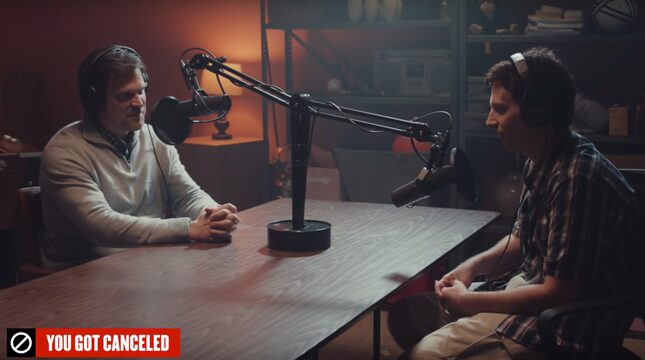

Here’s why podcasts should be canceled. Check out Jezebel’s Cancel Tournament to see what ultimately got canceled.
The direct descendant of the great American union between Bing Crosby and Chesterfield Cigarettes, the podcast was born a relic of simpler times when Americans would gather ’round their living room radios to listen to a famous man who advocated belt-whipping children tell them cigarettes were healthy.
-

-

-

-

-

-

-

-

-

-

-

-

-

-

-

-

-

-

-

-

-

-

-

-

-

-

-

-

-

-

-

-

-

-

-

-

-

-

-

-








































